Senioritis Creeps in Earlier Than Ever
Senior Dan Paganelli rests his head during class March 1. Senioritis commonly affects soon-to-be graduates by the end of the winter.
March 2, 2021
This past year has affected the lives of students all over the world, but it has especially affected the Class of 2021. Freshmen dream about senior year — homecoming, prom, graduation, sports, and pep rallies. Finally being at the peak of high school has looked a lot different for the Class of 2021.
With restrictions, distance learning, and the cancellation of many events and activities, the Class of 2021 has struggled with an early onset of senioritis. Senioritis is a term used to describe the decrease of motivation toward academics displayed and experienced by high school and college seniors.
“Senioritis is something that definitely happens, maybe not for all students, but absolutely for a significant bunch,” Nonnewaug guidance counselor Andie Rocco wrote in an email. “I think it happens because students are TIRED! They’ve worked so hard for so long; it’s crazy to think that most of you guys have been in school since you were FIVE! There’s a lot of pressure that goes along with being a senior too, — you’re finally at the point where YOU get to choose your next step, and that hasn’t been the case until now. It’s scary, confusing, exciting, and with all of your emotions all over the place, it can be exhausting and stressful, ultimately causing that sense of senioritis.”
Among a group of 20 seniors at NHS, 17 believe they have symptoms of senioritis.
Senioritis is common and usually starts to happen before the end of the school year. According to Education World, symptoms of senioritis include homework fatigue, short-term memory loss, excessive tardiness, and “acute mediocrity.”
Seniors have been taking on stressors due to COVID-19 that students have never had to deal with before.
“I think we can all say this has been a year like no other, and for the seniors, I think you guys have had to deal with a lot more than just your average case of senioritis,” Rocco said. “It’s been an unprecedented year, and post-secondary planning and really just school in general has understandably taken a backseat to a worldwide pandemic.”
Along with students having homework, studying, and average school tasks, students have also been hit with the unknown of where their lives are headed, where COVID-19 is headed, how the world will be affected by the current civil rights actions. The world is at a melting point of change as generations take a stand for what they believe.
“I don’t think senioritis is really the issue for seniors right now; it’s greater than that,” Rocco said. “It’s the unknown; we just don’t know where we are headed right now – we’re in uncharted waters! With all of the restrictions, protocols, and everything else going on, it can feel isolating. The silver lining in all of this is that it’s given us time to take a step back and focus on what is really important in life. Find what you are thankful for, and hold on to that! We’re so fortunate to live in a time where FaceTime is a thing, so we can still talk to and see friends and family. Keep the lines of communication OPEN; don’t shut people out, especially now. I can’t say it enough but If you need help, ask for it – we’re here for you!”
It is imperative to remember that it is normal to feel the symptoms of senioritis, but it’s also important to not allow it to overcome everything. Students can try to meditate to decrease stress levels, create a reward system for the amount of studying completed, increase focus, and finish off high school as best as possible.



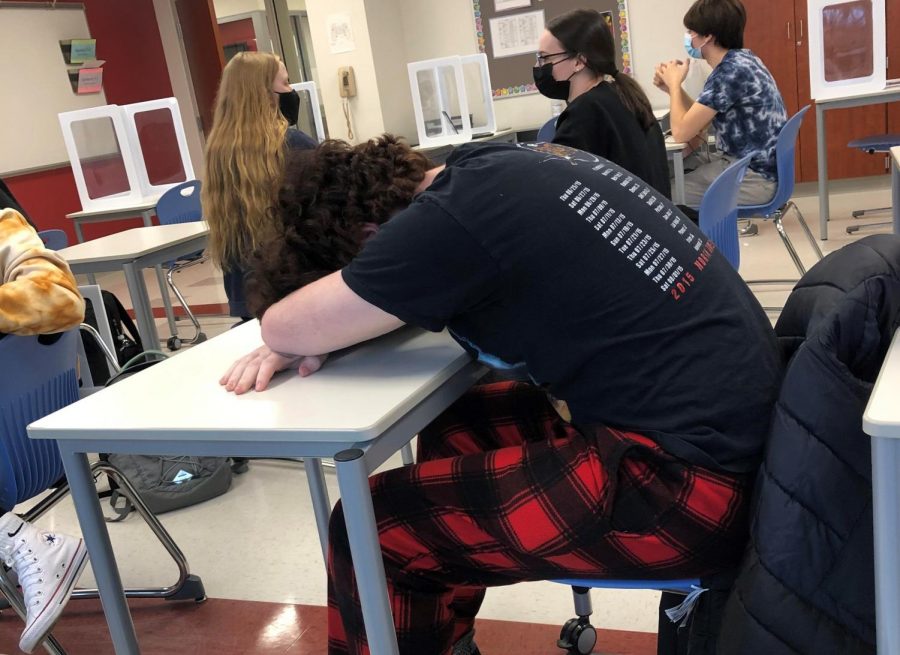

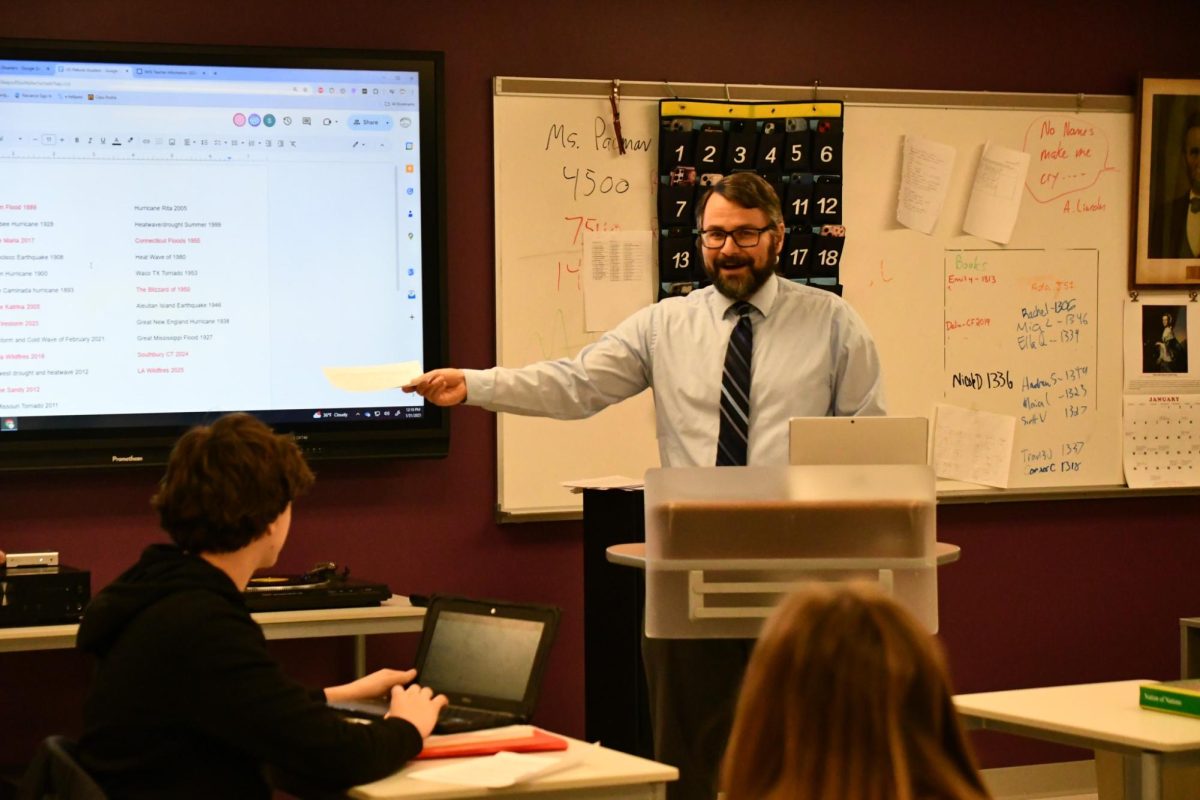
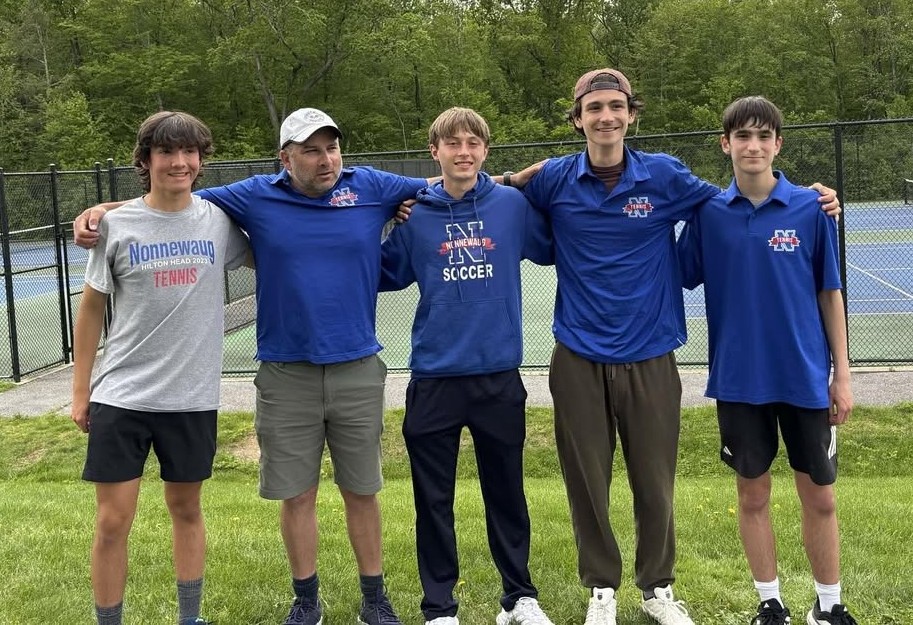
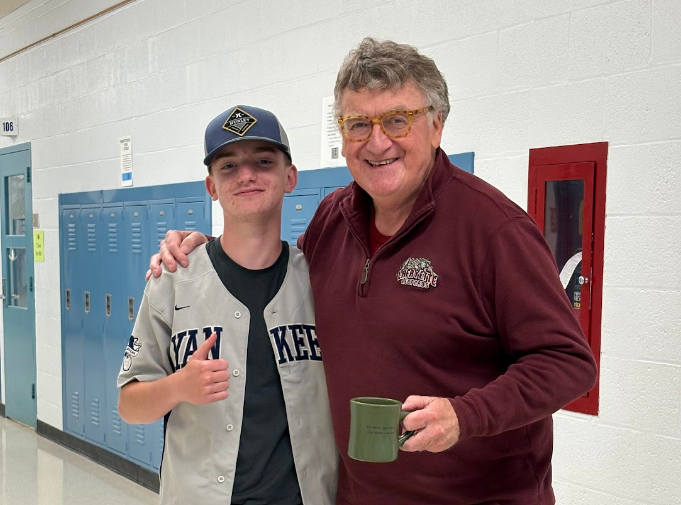


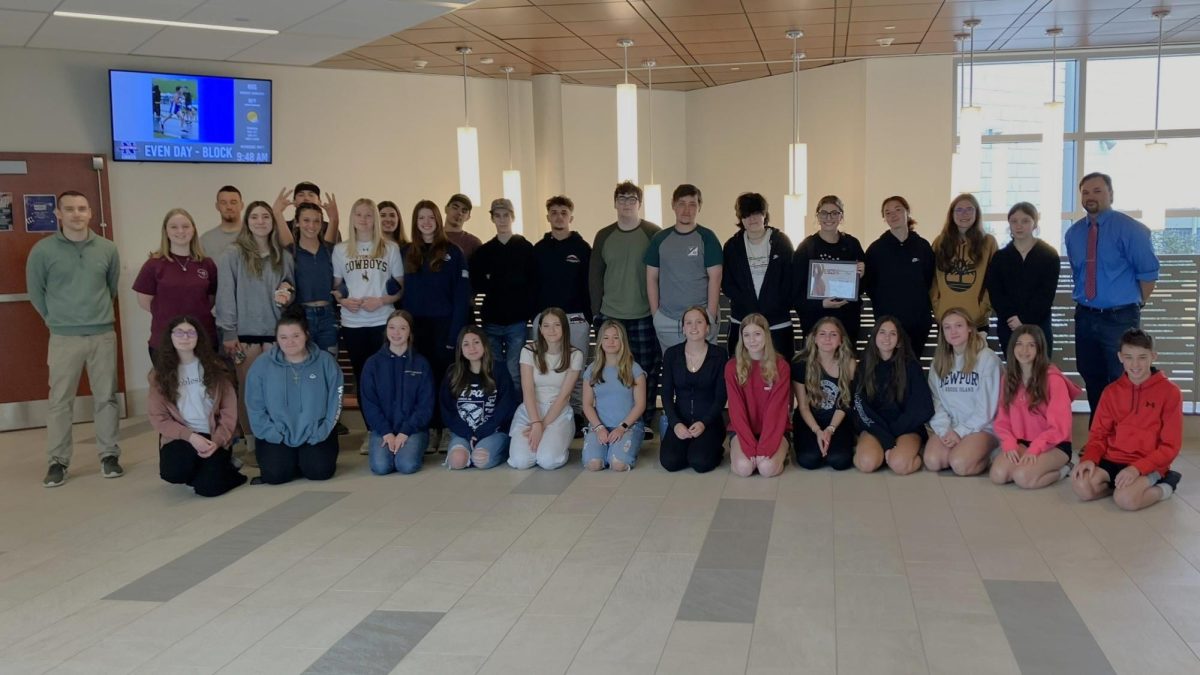


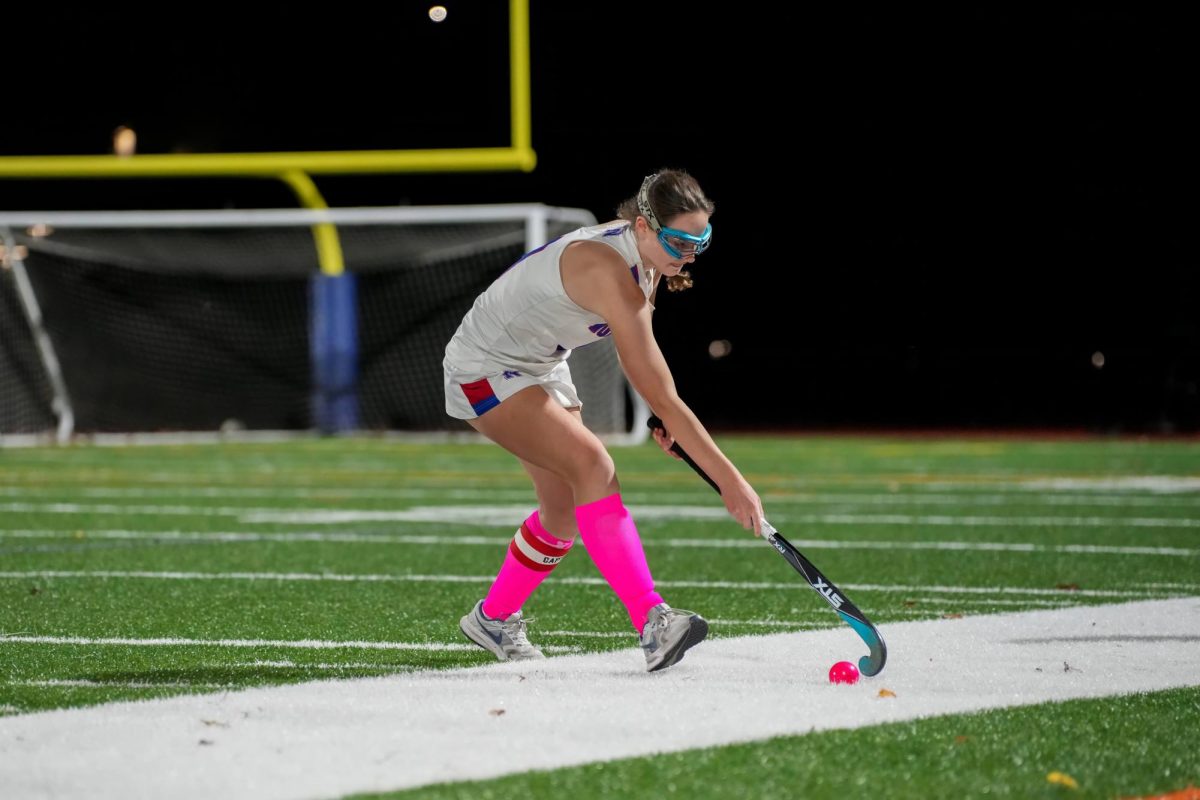





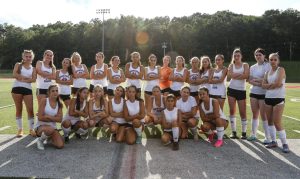
Carol Ann Brown • Mar 15, 2021 at 3:39 pm
As a teacher I had seniors from 1964 on, so senioritis is nothing new. But with the pandemic I think the lack of daily physical contact with their classmates, some of whom they have been with since kindergarten, has put extra emotional stress on these last months of school. The leaving and going out will be more poignant I fear.